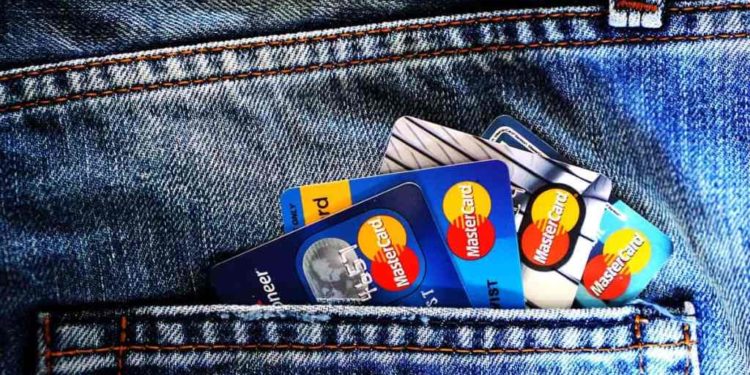Credit cards can be a useful tool when used prudently. It’s important to understand that credit cards are a form of lending and not to be considered as a cash alternative. While helpful for personal finances, keeping a proper credit card use blueprint in mind will keep users out of trouble.
Furthermore, credit cards can offer value to owners that leverage the benefits these financial instruments provide.
Table of Contents
1. Rewards
Earning rewards using a credit card is a way of obtaining value from purchases. By placing certain items on their cards, owners earn rewards in the form of products and services.
The rewards credit cardholders earn depend on the type of card they sign up for. Therefore, signing up for a card with benefits that suit the owner will ensure they receive rewards that fit their preferences.
As a tip for keeping this kind of credit card use under control, owners should only put items they would normally plan to buy on their cards. The trap many users fall into is that in chasing rewards, they tend to overextend their finances.
A caveat to using credit cards in a reward-earning capacity is that many cards have an annual fee. This fee is offset if the user earns enough rewards. Users that don’t reach this limit will end up paying a fee.
2. Build Credit
Prolonged responsible credit card use is an actionable, accessible way for building credit. Individuals with poor credit can demonstrate that they can handle paying their balances, a behavior that financial institutions appreciate when approaching them for loans.
Cardholders can build credit using a secure or unsecured card. A secured card requires the owner to make a deposit equal to their credit limit, while unsecured cards forego this requirement.
To those wondering whether they can have access to a card, Lantern by Sofi answers, “Yes. It may take a little more searching, but generally, even if your credit score isn’t good, you can still get a credit card, and possibly even one that offers rewards.”
3. Pay Down Debt
For disciplined card owners, paying down debt is a valuable benefit of owning a credit card. Many cards offer balance transfers, some with no interest during an introductory period. Throwing debt with high interest onto a card can relieve the stress of a compounding liability while the user pays it off.
4. Financing
Credit cards offer holders the ability to pay off a big-ticket purchase interest-free. Reading the fine print will make the user aware of all rules that apply.
5. As a Backup Line of Credit
Keeping a credit card on hand is a way to ensure an emergency credit line. By making a couple of purchases per year and paying them off promptly, the user can keep the card active and available for exigent circumstances.
Finding the Right Credit Card
Credit cards come in many different variations and offer a variety of benefits. A great way for determining the best card for a prospective owner’s needs is to check out a credit card spending survey.



















